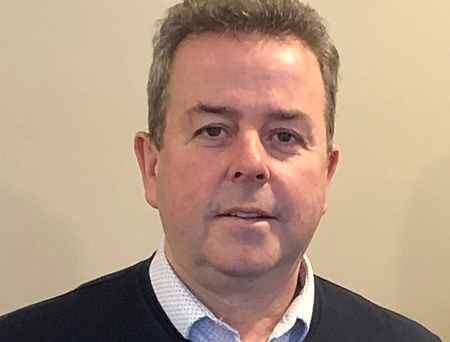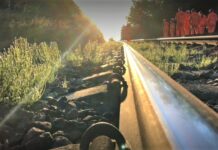
EDINBURGH residents have been urged to have their say on legislation addressing unsafe cladding.
The call comes after a Holyrood committee visited a building in the Leith area earlier this week to meet with residents and hold talks with fire safety expert Phil Diamond of Cumbernauld-based Brooker Diamond Fire Engineering.
The visit followed the launch of a call for views on legislation which would give Scottish ministers new powers to assess and remediate buildings in Scotland with unsafe cladding, including where consent of the owners cannot be provided.
The Scottish Parliament’s local government, housing and planning committee, which is leading scrutiny of the plans, is now encouraging other people in Edinburgh, who live in or own properties with potentially dangerous cladding, to respond to the public consultation on the Housing (Cladding Remediation) (Scotland) Bill.
Under proposals in the bill, the Scottish Government would also create and maintain a Cladding Assurance Register to give residents confidence about the assessment and works undertaken once those buildings are remediated.
The bill would give ministers the power to establish a Responsible Developers Scheme, to support engagement by developers and encourage them to pay for or carry out remediation work. Such a scheme would likely include agreement to pay for remediation costs by developers, with potential sanctions for developers who are eligible but do not join or fail to comply with the terms of membership.
The call for views is open now and will run until Friday, 8 December 2023.
Following the visit, committee convener, Ariane Burgess MSP, said, “Cladding was a major contributing factor to the fire which destroyed Grenfell Tower in June 2017, one of the UK’s worst modern disasters, and we want people in Edinburgh to have their say on this new bill. Visiting a property affected by cladding alongside one of Scotland’s leading fire safety experts gave us a real insight into the risks that residents are currently forced to live with and the substantial challenges behind the remediation work needed in buildings like the one we visited, right across the country.
“As our consultation is the only opportunity for the public to comment on the proposals in the new bill, we are encouraging people in Edinburgh who live in or own properties with potentially dangerous cladding to respond before the 8th December.”
Chartered building surveyor and fire safety expert Phil Diamond added, “It was good to see Brooker Diamond’s involvement in north Edinburgh recognised by the committee’s visit. We carried out the single building assessment which is a very complex process and the development posed many varied challenges which will require a comprehensive scheme of remediation.
“We look forward to contributing to the assessment programme and remediation of more blocks across Scotland and help to make homes safer as part of the future work flowing from the Cladding Remediation Bill.”
Christopher Ashurt, an Edinburgh resident and chair of the High Rise Scotland Action Group, commented, “I wholeheartedly welcome the committee’s pro-active efforts to understand the concerns, experiences and perspectives of those living in high-rise homes. It is their safety, physical and mental, and the safety of their homes and property which is and must be the supreme concern.”








